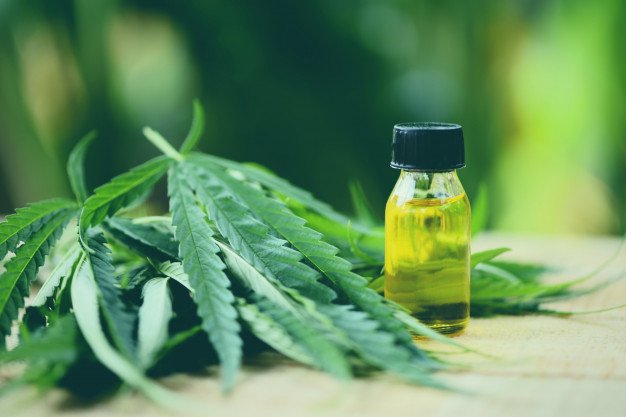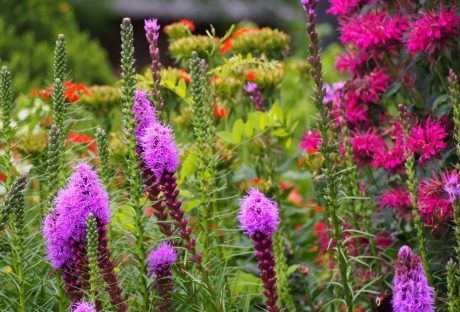Mental health care has become an important aspect of healthcare today. There are several ways now that existing mental health issues can be minimized or eliminated, as the case may be.
Every day, government officials, healthcare providers, private organizations, and individuals are taking up new responsibilities to promote mental health care. At the core of it is mental health counseling, which goes a long way in providing professional services to patients with mental issues affecting their lives.
If you’re wondering what mental health counseling entails and the category of issues it can address, here’s what you need to know.
Contents
What Is Mental Health Counseling?
Mental health counseling comprises the services that trained professionals provide for clients who require help dealing with various issues affecting their lives. Professionals ranging from licensed counselors, psychologists, and nurses to social workers within the government, social services, or private spaces can provide these counseling services. The American Psychological Association provides that these issues can include personal challenges that cut through the behavioral, emotional, vocational, marital, educational, or rehabilitative spheres.
When it comes to mental health counseling, there are various techniques available to provide these essential services. Among them, psychotherapy stands out as a major approach, concentrating on the diagnosis and treatment of mental health concerns through thorough research, assessment, and clinical intervention. Once a clinical diagnosis is established, the necessity for treatment becomes apparent.
A mental health counselor is different from other categories of counselors. These counselors seek ways of providing holistic solutions that tackle the different challenges to mental health and work with a wide range of patients from day to day.
Counselor Vs. Therapist
It’s important to differentiate between these two terms, as they typically mean the same thing. The major difference between the two is the training, licensing, and treatment methods that they undergo. These elements will influence the type of experience the professionals have and the types of results they see. They are also similar in a number of ways, as they both use talk therapy when handling patient issues. However, talk therapy for therapists is more regulated than that for counselors.
Although a master’s degree is not compulsory for mental health counselors, most employers tend to focus on candidates with graduate degrees and adequate experience. A mental health counseling online degree from American International College can equip you with the appropriate skills and guidance needed to navigate the sensitive situations in a mental health counseling role. Both categories are also required to be licensed to be able to practice.
The Scope Of Practice Of Mental Health Counseling
If you are considering a career in mental health counseling, you may also want to know its scope of practice. Mental health counselors typically work with clients to manage issues such as stress, anxiety, and depression. This type of counselor also focuses on general therapy, ensuring that their patients can navigate a wide range of emotional and psychological issues. As a mental health counselor, you will assist individuals in dealing with their everyday challenges, such as handling stressful situations, communicating better, and improving their relationships.
Mental health counselors use talk therapy as a major tool for handling situations. Talk therapy involves open and compassionate conversations that help clients better understand their thoughts, feelings, and behaviors. All of these end goals are simply to promote personal growth and well-being. In addition to the requisite education and training, several jurisdictions require mental health counselors to pursue additional training to understand the administration of psychometric assessments and tests during practice.
One important thing to note about mental health counselors is that they are usually ruled out of performing cognitive testing and can only perform specific assessments under strict conditions, such as under the supervision of a licensed clinical psychologist.
Mental health is an essential aspect of our lives, and adequate attention should always be paid to it. For this reason, mental health counselors are important because they can help to bring relief when it becomes difficult to maintain our mental health on our own. Mental health counselors not only help people when they are experiencing general mental health issues, such as depression, eating disorders, anxiety, ADHD, OCD, bipolar disorder, dementia, and personality disorders, but they can also help a range of patients deal with several other conditions.
Addiction And Substance Abuse
Drinking too much alcohol, using illicit drugs, overusing prescribed medications, gambling addiction, and sex addiction are some of the major abuse and addiction problems that counselors can help individuals to manage.
Adjusting To Major Life Changes
Mental health counselors can also help patients navigate life changes such as a loss, a move, divorce, or recovery from a major illness. Dealing with these issues may take a toll on the mental health of those involved and without tell-tale signs sometimes.
Stress And Trauma
Counseling can help individuals who are experiencing stress related to work, relationships, or other life events. They can also help those who have experienced a traumatic event, such as physical or sexual assault, domestic violence, or natural disasters.
Conclusion
Mental health counseling can be a highly rewarding profession for anyone to pursue. Today, the need for clinical mental health counselors has risen drastically. If you are thinking of pursuing a career in this field, why not look into enrolling in a course such as a mental health counseling degree?
Read Also:























